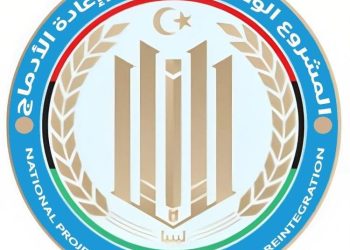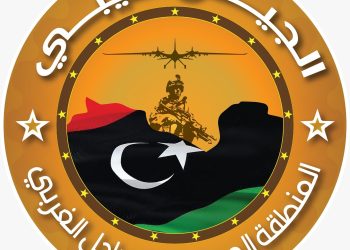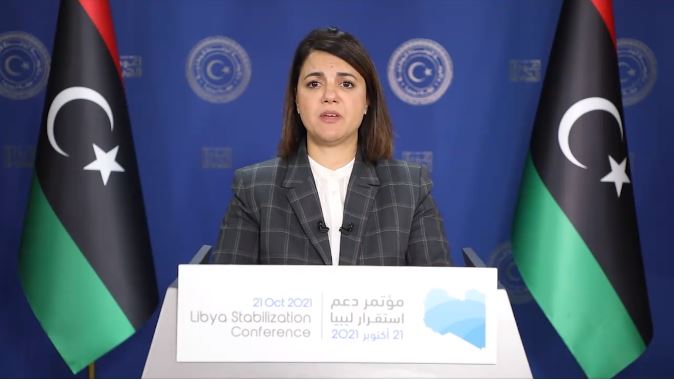By Sami Zaptia.
Tripoli, 20 January 2014:
Following the “state of emergency” that Libya has declared and the raised level . . .[restrict]of security as a result of the occupation by pro-Qaddafi supporters of the Tamenhint airbase near Sebha, Libyan authorities called upon all the thuwar (militias) to remobilize and head to the various hotspots to re-impose security.
These hotspots include areas in Ajilat and the general area referred to as Wirshefana south of Ajilat and Zawia and west of Zahra, where alleged pro-Qaddafi supporters were reported to have raised the old Qaddafi-era green flag.
However, the recall of militias by the Libyan state has thrown into confusion government and the GNC policy to demobilize the militias and to relocate them outside of main urban centres.
As a result of this confusion and the large number of questions directed at the government regarding laws 27 and 53, the government released a statement yesterday.
In the statement, the government assured that it had not backtracked and cancelled laws 23 and 53. On the contrary, it clearly stressed that it had “not made any requests” to the GNC to repeal the two relevant laws.
Moreover, it added that the cooperation of the GNC, the government and the public in implementing these two laws is a “patriotic matter” and that the seeking of the creation of a police and an army is a project that “should not be reversed|, irrespective of what “impediments and challenges are faced”.
Such difficulties, the statement added, should not be used as an “excuse to reverse the implementation of the demands of these two laws, whatever those difficulties might be”.
“The return to armed groups (militias) not under the command of the Ministry of Interior or Defence will lead to the extension of confused security situation”, the government statement concluded.
The government statement raises a number of questions regarding the decision to reactivate the militias in the face of a potential national security threat.
The potentially national security threat in the south of Libya, possibly threatening the unity of Libya, confirmed if ever there was a doubt, that the Libyan state is still weak and that it is still unable to deal with any major security incursion .
It also confirms that any regular police force or army that allegedly exist, including the thousands that the government alleges it has trained, exist on paper only.
The Sebha incident also further confirmed what Prime Minister Ali Zeidan admitted himself at a recent press conference that the army is not directly under his control and command, but under the GNC .
Releasing a statement to reinforce his government’s position on laws 27 and 53 on the flushing out of militias from cities and their demobilization, confirmed that the remobilization move was initiated by the GNC.
The security crises, creating a renewed need by the state for the militias, has played into the hands of the recalcitrant militias, undoubtedly strengthening and reinforcing their position.
As a result, there is a danger that the crises will make it more difficult for the government to implement laws no 27 and 53, having just gained the moral higher ground on the militias after the Gharghour incident.
Cynics have of course wondered how real the security crises in Sebha was and whether the GNC themselves was again coerced into remobilizing the militias – by the militias themselves. This fear comes after recent confirmation by Zeidan that the GNC is coerced by militias into passing laws against their will.
[/restrict]








